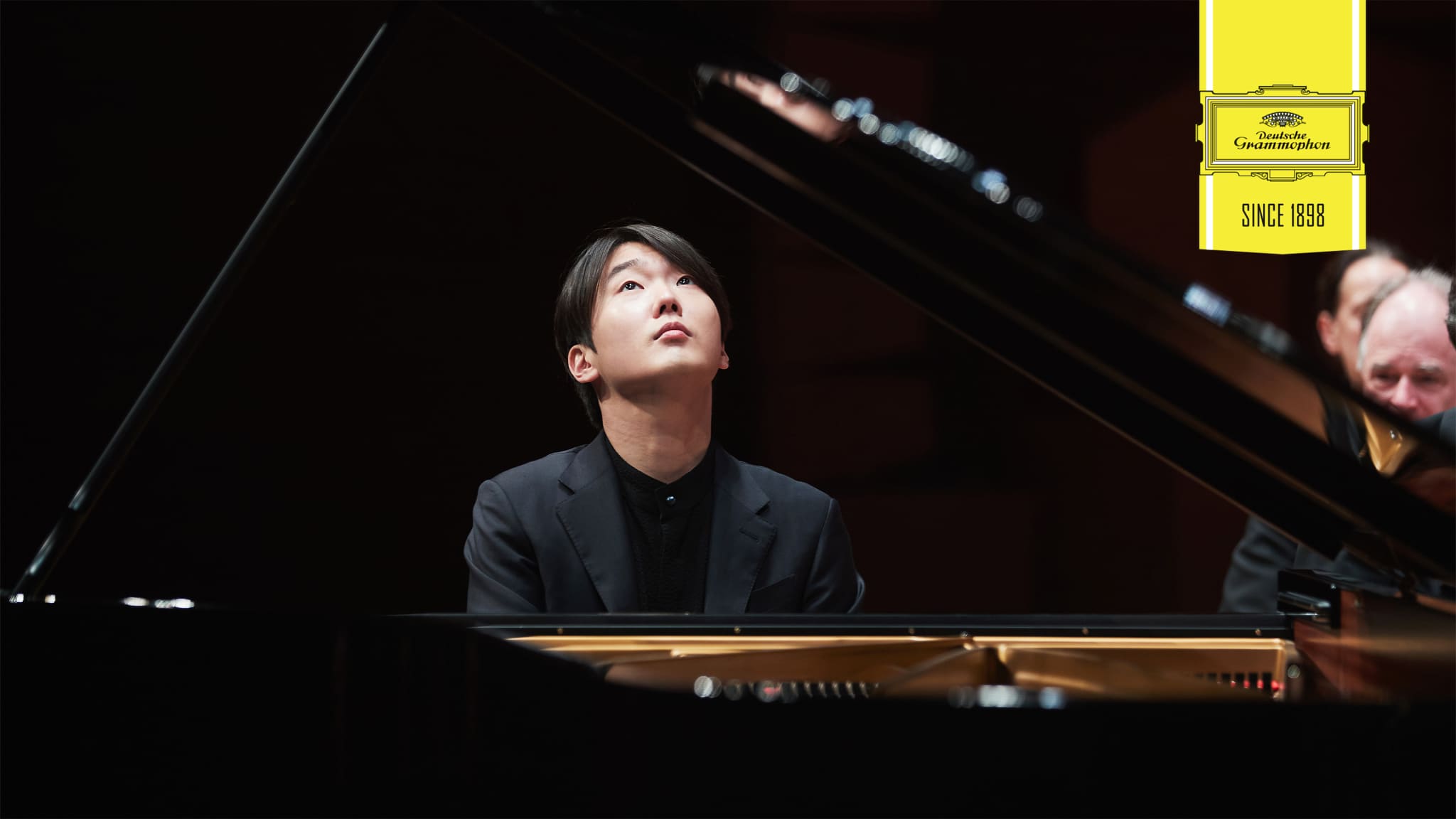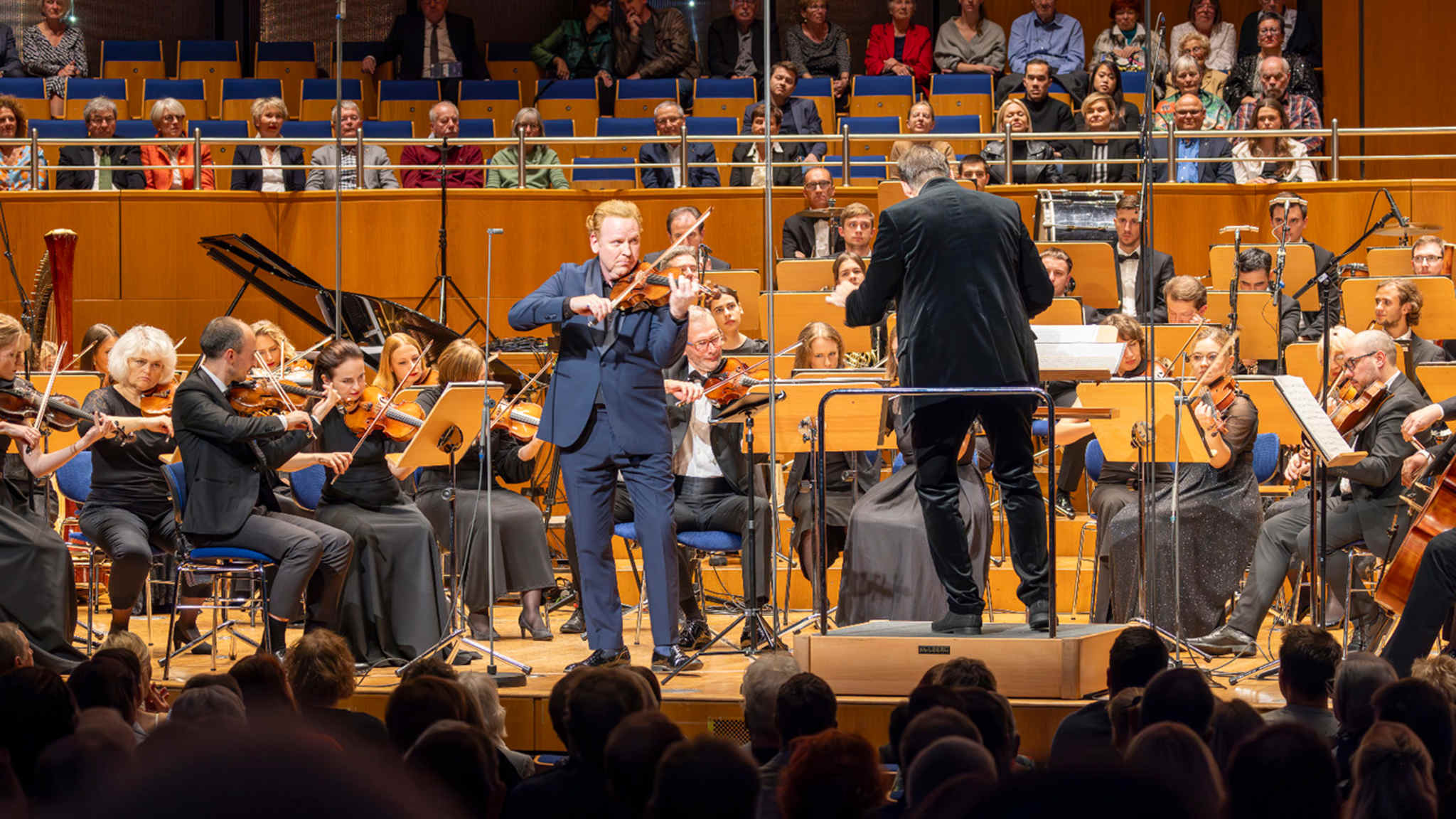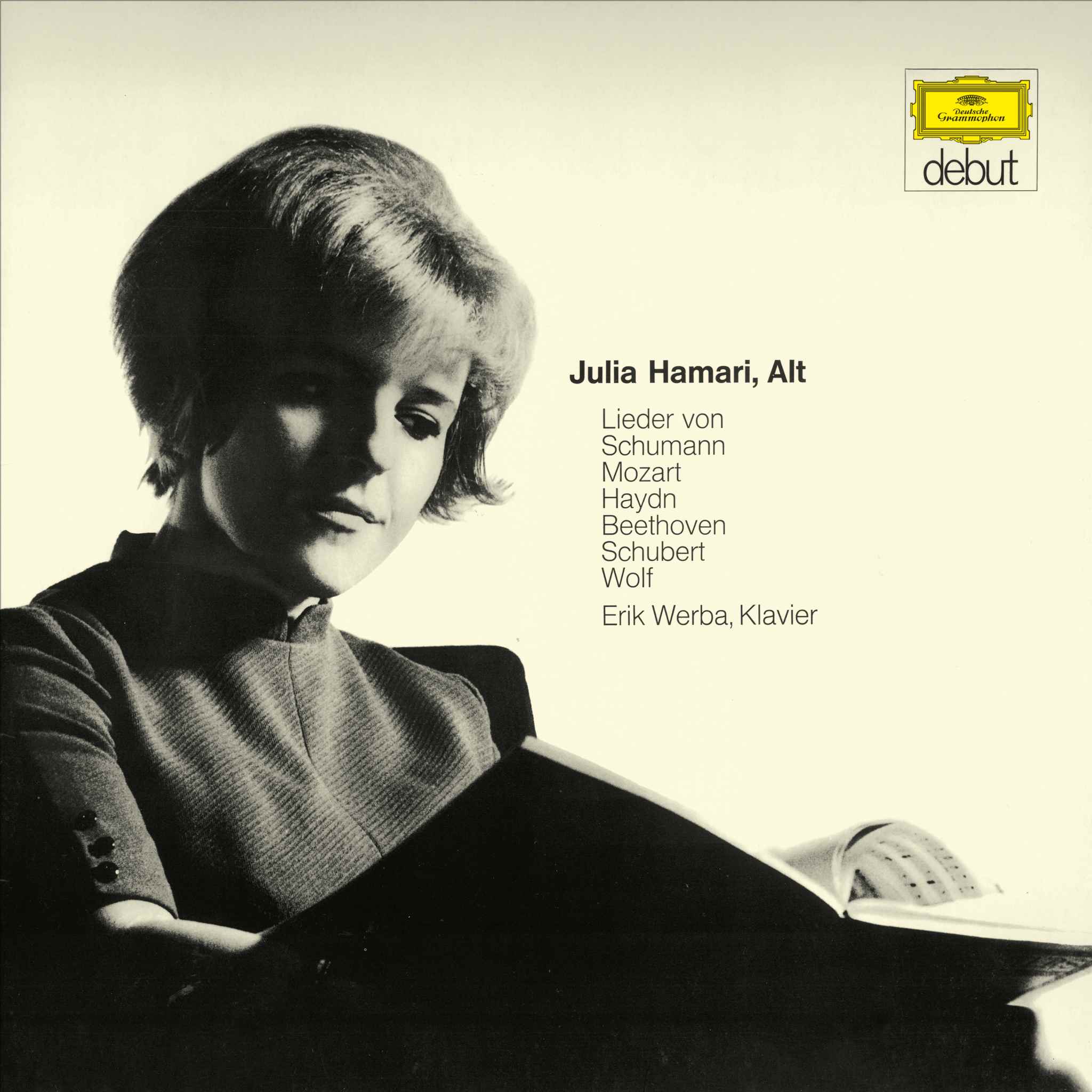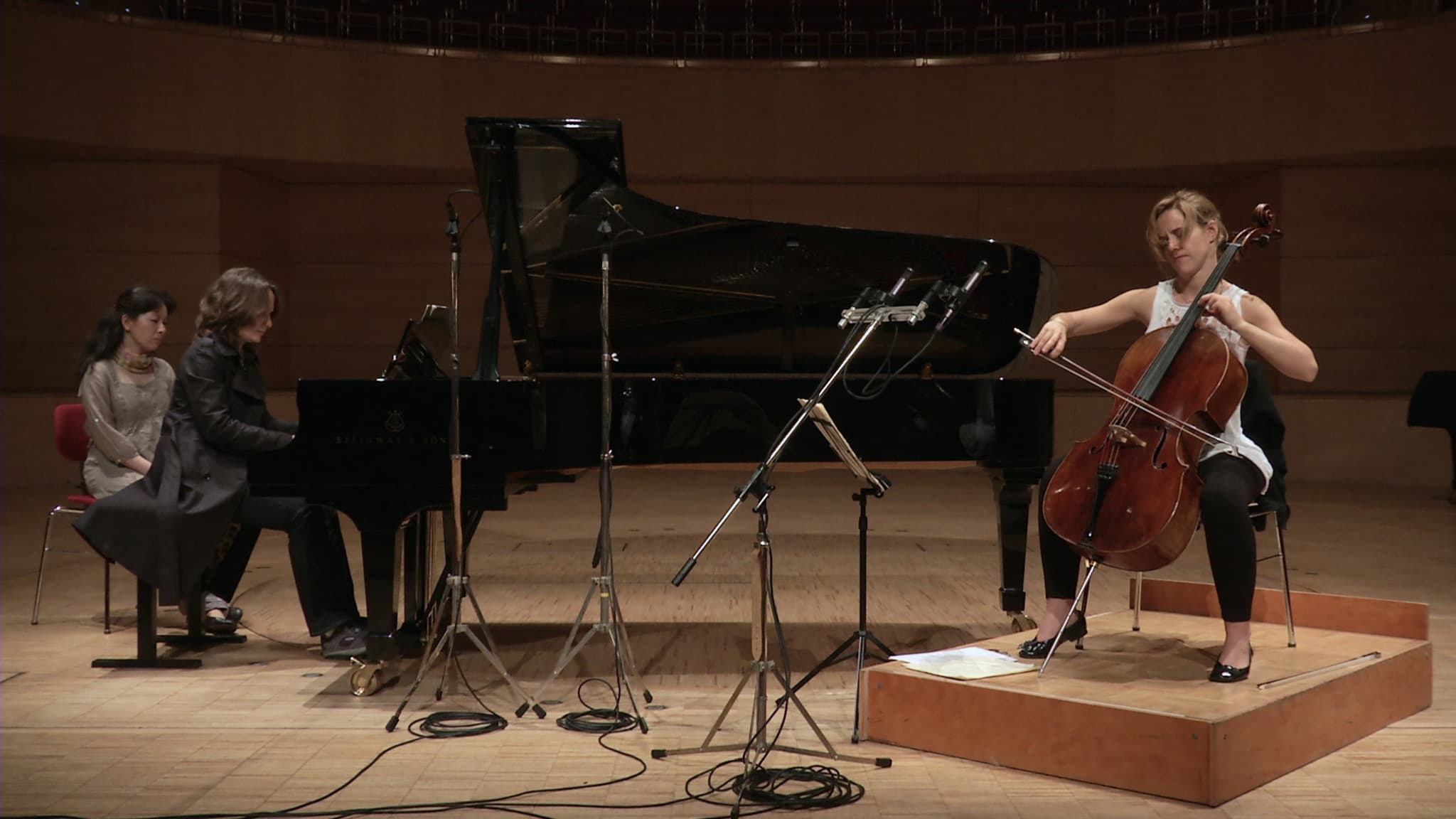Selected Works
- Symphony No. 1 in B Flat Major, Op. 38 "Spring"
- Symphony No. 2 in C Major, Op. 61
- Symphony No. 3 in E Flat Major, Op. 97 "Rhenish"
- Symphony No. 4 in D Minor, Op. 120
- Piano Quintet in E Flat Major, Op. 44
- Piano Concerto in A Minor, Op. 54
- Cello Concerto in A Minor, Op. 129
- Fantasie in C, Op. 17
- Kreisleriana, Op. 16
- Fantasiestücke, Op. 73
Concerts and Operas
Albums
Appears On
AboutRobert Schumann

Schumann's self-referentiality and his frequent use of extramusical ideas as a source of compositional inspiration led some commentators to describe him as the epitome of the Romantic composer. Yet, his works also contain strong ironic and even self-ironic moments. Schumann had to abandon his hopes for a career as a piano virtuoso when he began to lose control over some of his fingers. Nevertheless, by the age of 30, he had already composed numerous astonishingly original piano pieces, including Carnaval, the Symphonic Etudes, Fantasiestücke, Kinderszenen, Kreisleriana, and the Fantasie in C major. In the months leading up to his marriage in 1840 to Clara, the daughter of the famous piano teacher Friedrich Wieck, he created some of the most remarkable song cycles of all time: Dichterliebe, Frauenliebe und -Leben, and two Liederkreise. This was followed by masterful choral and orchestral works – including four symphonies – and wonderful chamber music. Schumann was also the founder and principal author of the Neue Zeitschrift für Musik, through which he drew the attention of German-speaking audiences to, among others, the young Chopin and later the young Brahms.
Selected works by Robert Schumann Watch on STAGE+

























